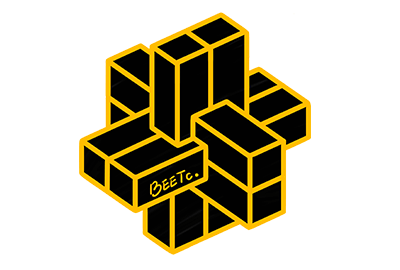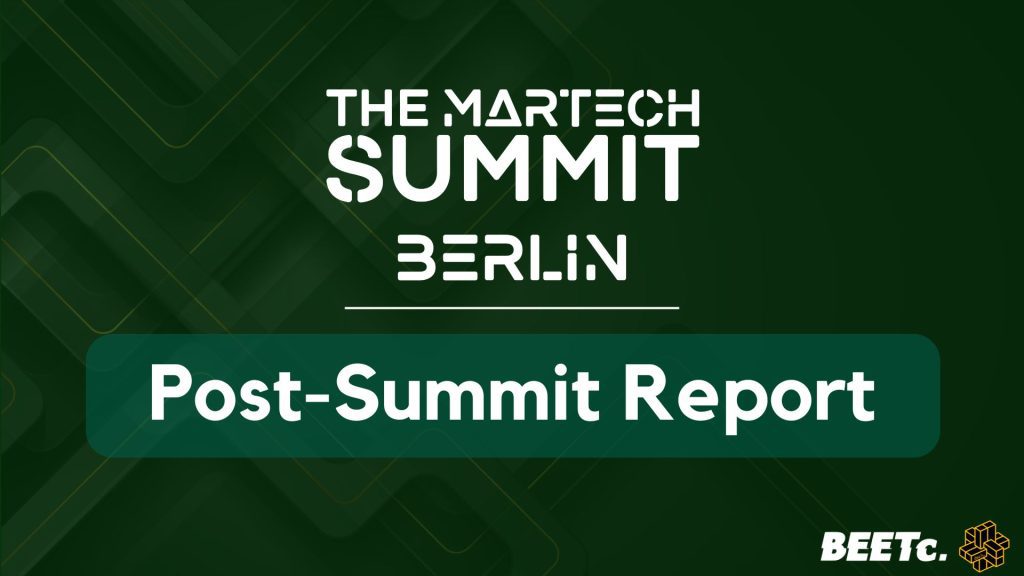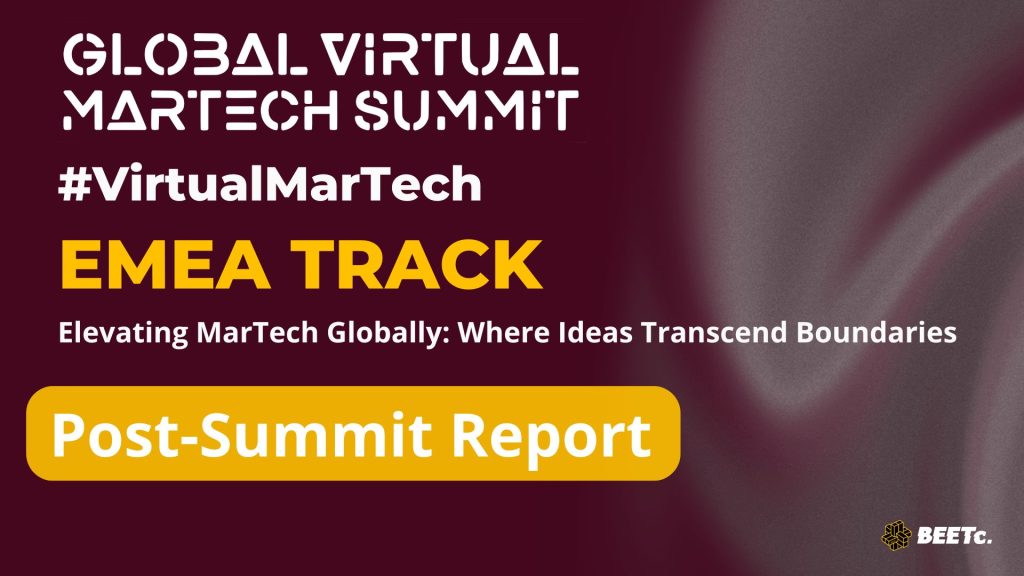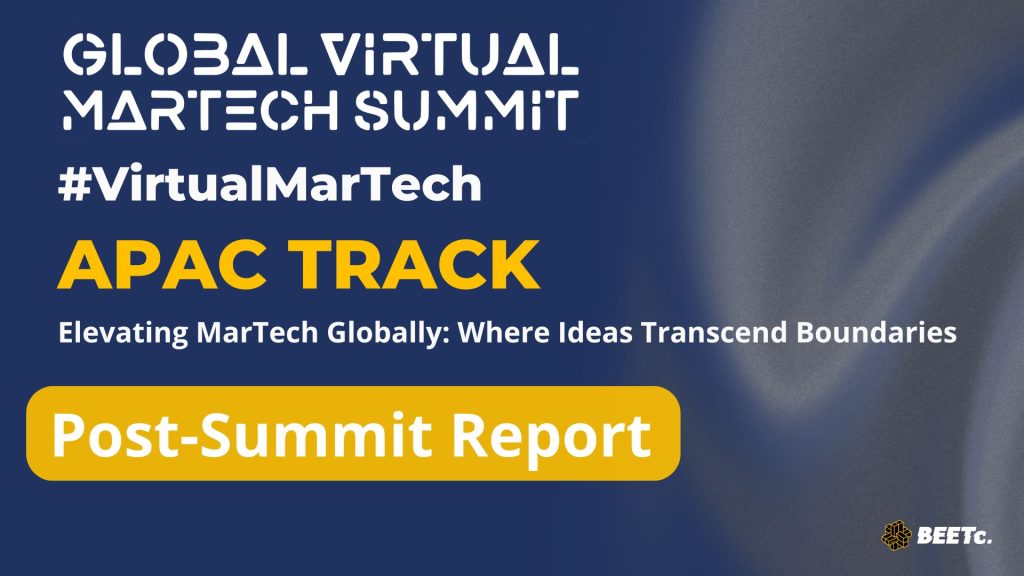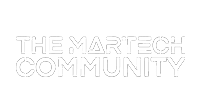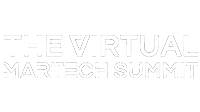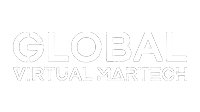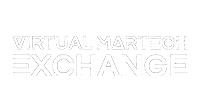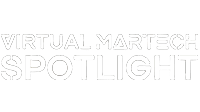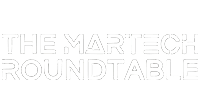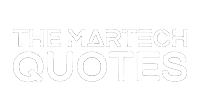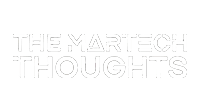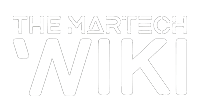What should publishers and brands be doing now to prepare for a cookieless world?
As I work for a publisher and content creator, I think brands should be looking at creating meaningful content that attracts users through inbound marketing, rather than relying on traditional outbound marketing to get their messages across. We live in a time where customers’ expectations from brands are much higher, and nobody likes ads served to them based on their online behaviour, which can be seen as quite intrusive. Even as a marketer myself, I sometimes find it creepy when I get served ads that might have something to do with conversations with friends without any search history or activities online. And my peers also share similar experiences and sentiments.
“Digital stalking” by following potential customers with ads will only drive them further away from your brand.
Consumers nowadays like companies that can provide value to them – it could be useful information, something that enhances their knowledge or provide entertainment. If marketers can put themselves into the shoes of their target audiences and answer the question “what’s in it for me?”, they’ll probably spend less of their marketing budgets on ads and more on creating useful, engaging content that gives unique value to customers (that their competitors can’t provide). This way they’ll be able to stand out from the competition, gain more loyal followers and customers that will give a longer-term return on their businesses, rather than meeting short-term revenue goals.
What do you think makes your company different than others in the same industry?
The Economist is a company with a purpose. Our motto is to “take part in a severe contest between intelligence, which presses forward, and an unworthy, timid ignorance obstructing our progress.” The brand itself carries a lot of weight, as it is one of the most trusted authoritative publications globally. It is read and endorsed by many global political and business leaders.
On my team which is content solutions, we have the capability to conduct large-scale research projects through The Economist Intelligence Unit, supported by our own editors, consultants and analysts. We work with a lot of multinational corporates, government organisations on our content programmes, but we maintain high editorial standards and objectivity in our work. That is why companies choose to work with us, and readers come to us for insightful content that are uniquely useful to them.
What would you consider your greatest win?
We’ve had a lot of successful programmes over the years, but this year I would highlight the Global Business Barometer (https://globalbusinessbarometer.economist.com/), a programme that seeks to track and understand the effect of the current pandemic on business sentiments across different industries and regions. It is a programme that showcases our research capabilities and ability to produce high-quality content in different formats – whitepapers, videos, data visualisation (we worked with our sponsor, SAS, on this), podcasts, and so on.
The programme was promoted through many of our owned channels (yes that includes advertising too), and also gained a lot of earned media. The best part is that we hit most of our KPIs within the first few days of launch.
What is your top working from home tip?
Have a routine. I think that’s the most useful thing I do to keep myself focussed without working non-stop for long hours. I’m not a big believer in working long hours without adequate rest. It’s very easy to get into that habit when you’re working from home, but I think it is actually detrimental to productivity and creativity.
I usually start my day by going for a cycle (this has now replaced my commute to the office), a bit of meditation, before I start work. A few times a week I also have exercise classes scheduled in the late afternoon, so I will need to make sure I manage my time so I can get off on time and make it to my classes. Of course there will be days when I have to work afterwards, or get on calls at night, but that break in between helps me stay fresh and focussed.
What is the one software (app) you can’t live without?
There are many apps I can’t live without, but I’ll pick something more MarTech related. I choose Asana because as marketers there are sometimes many small tasks in a campaign that needs to be done, and it is easy to forget if you don’t put them down in a to-do list format. You can also assign tasks to other team members for projects involving multiple team members, and be able to track progress. There are many productivity tools out there and I have used a few, but so far this is the one that sticks, probably because it is easy to use.
